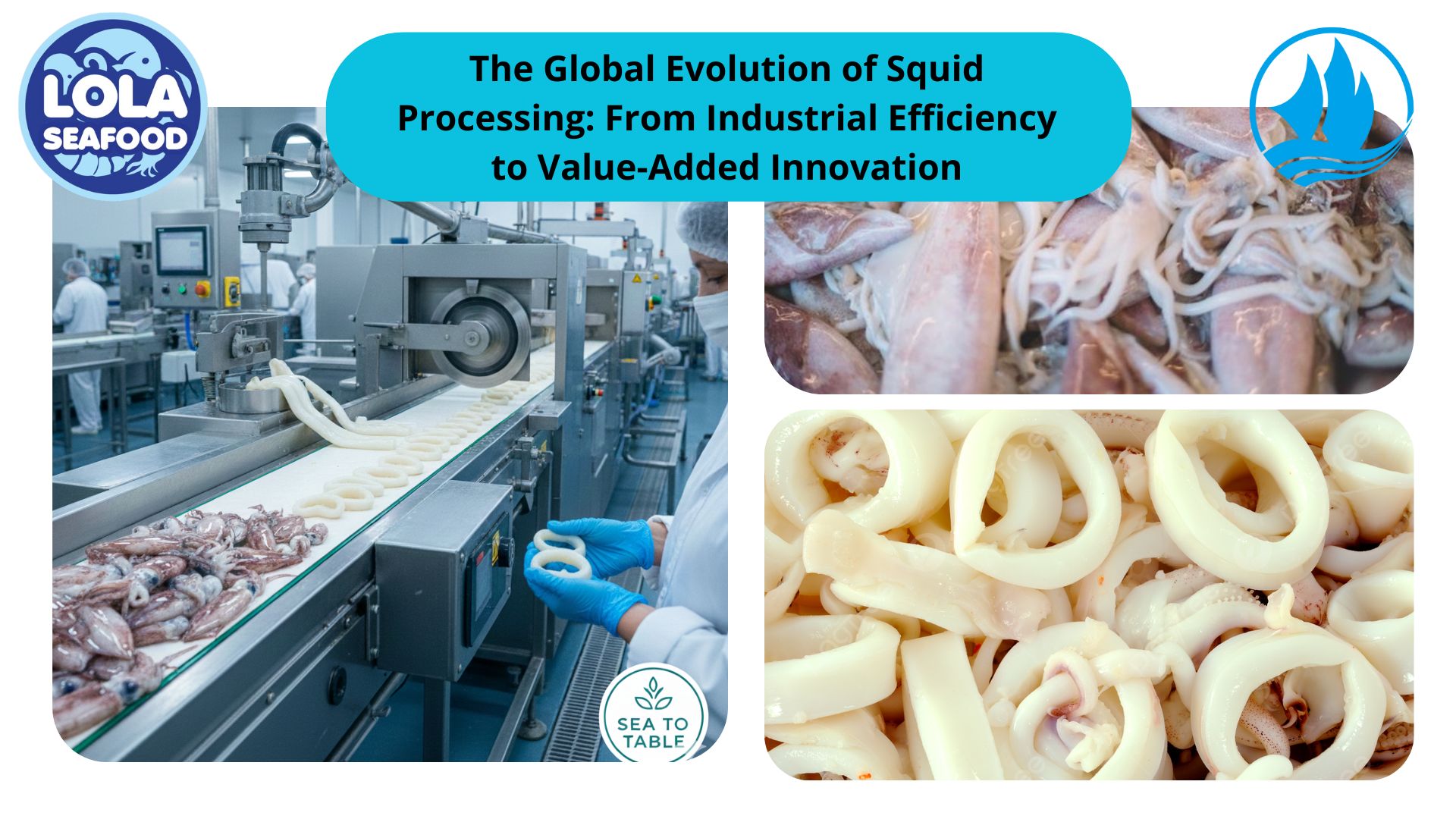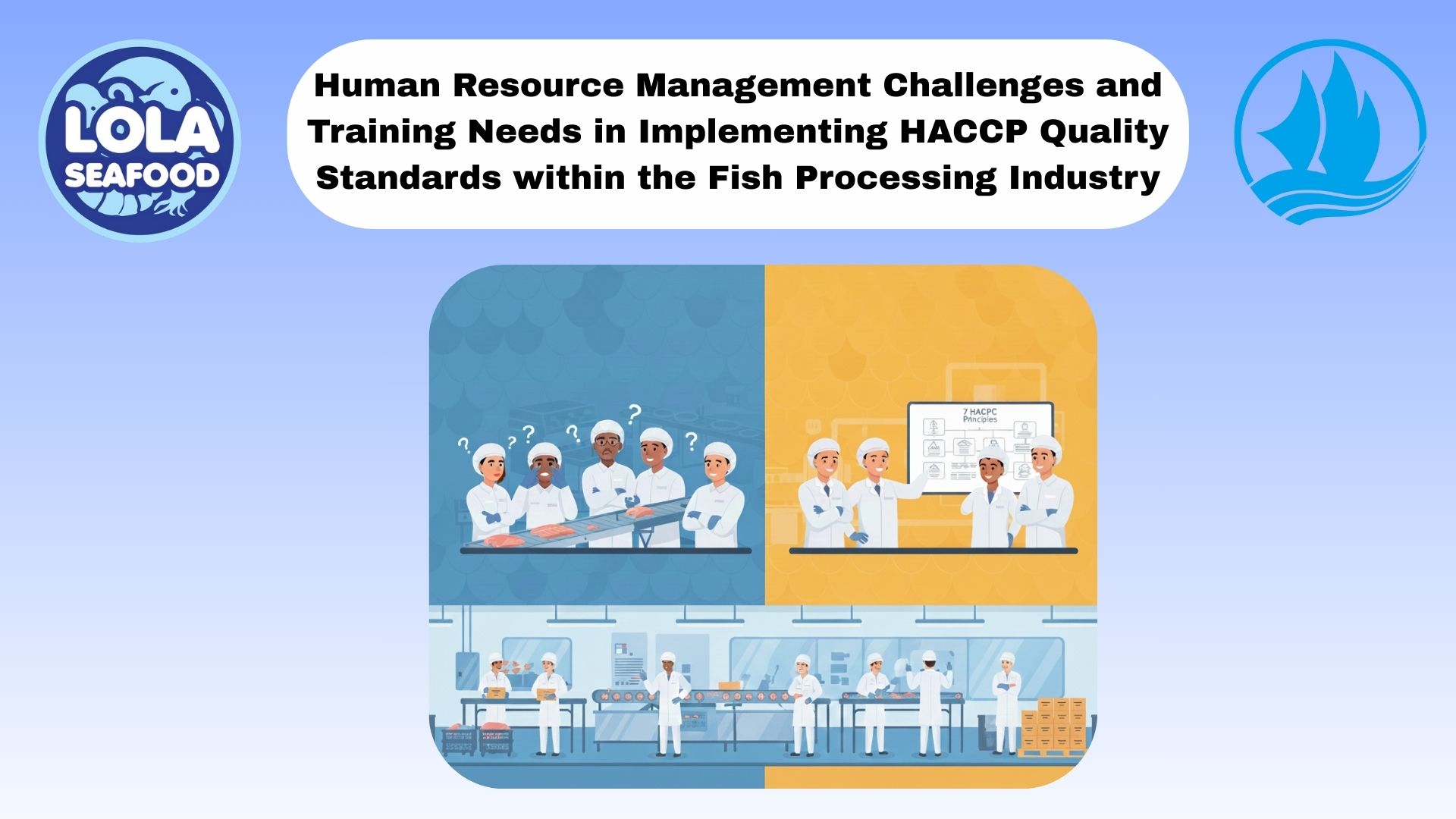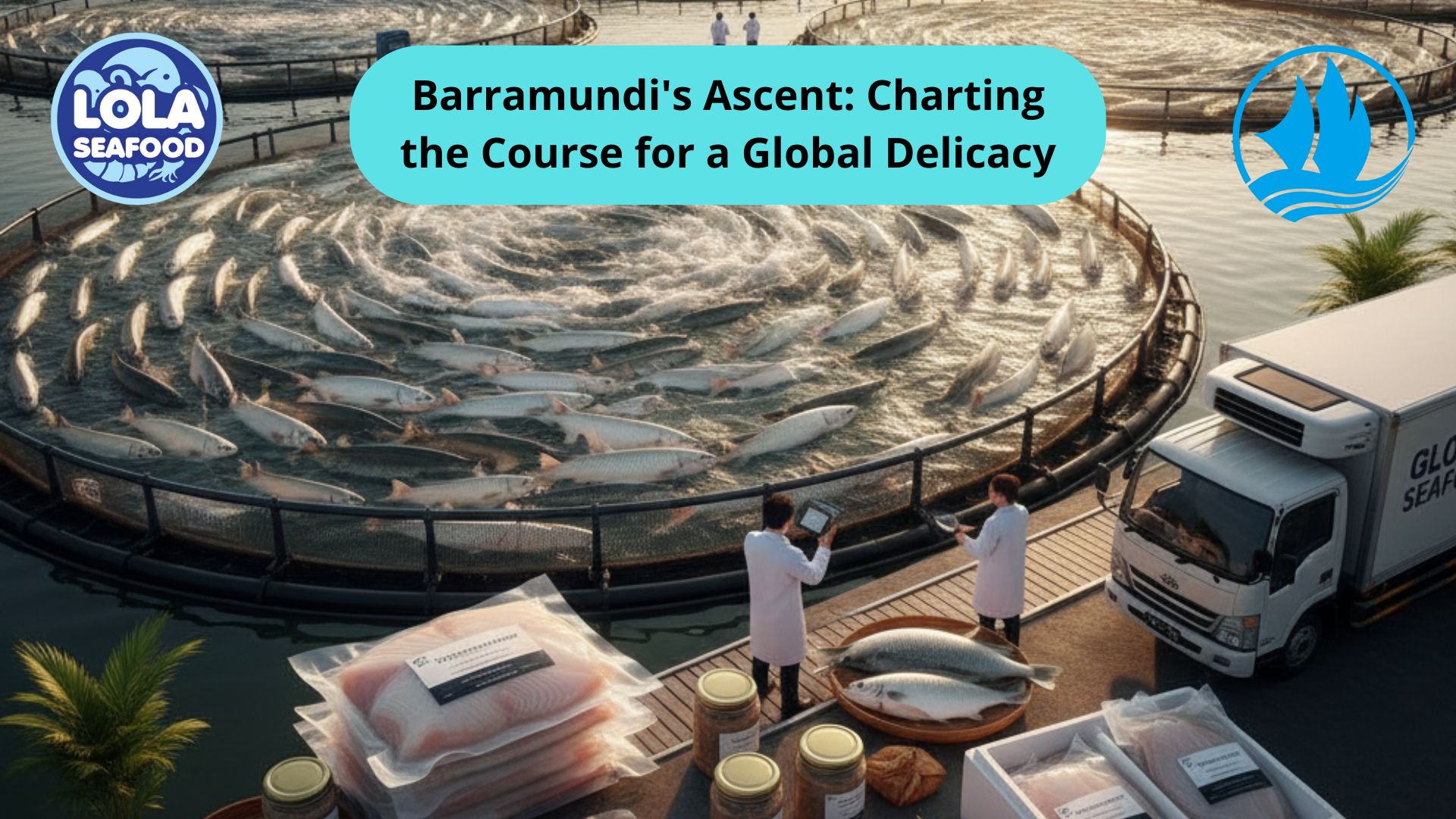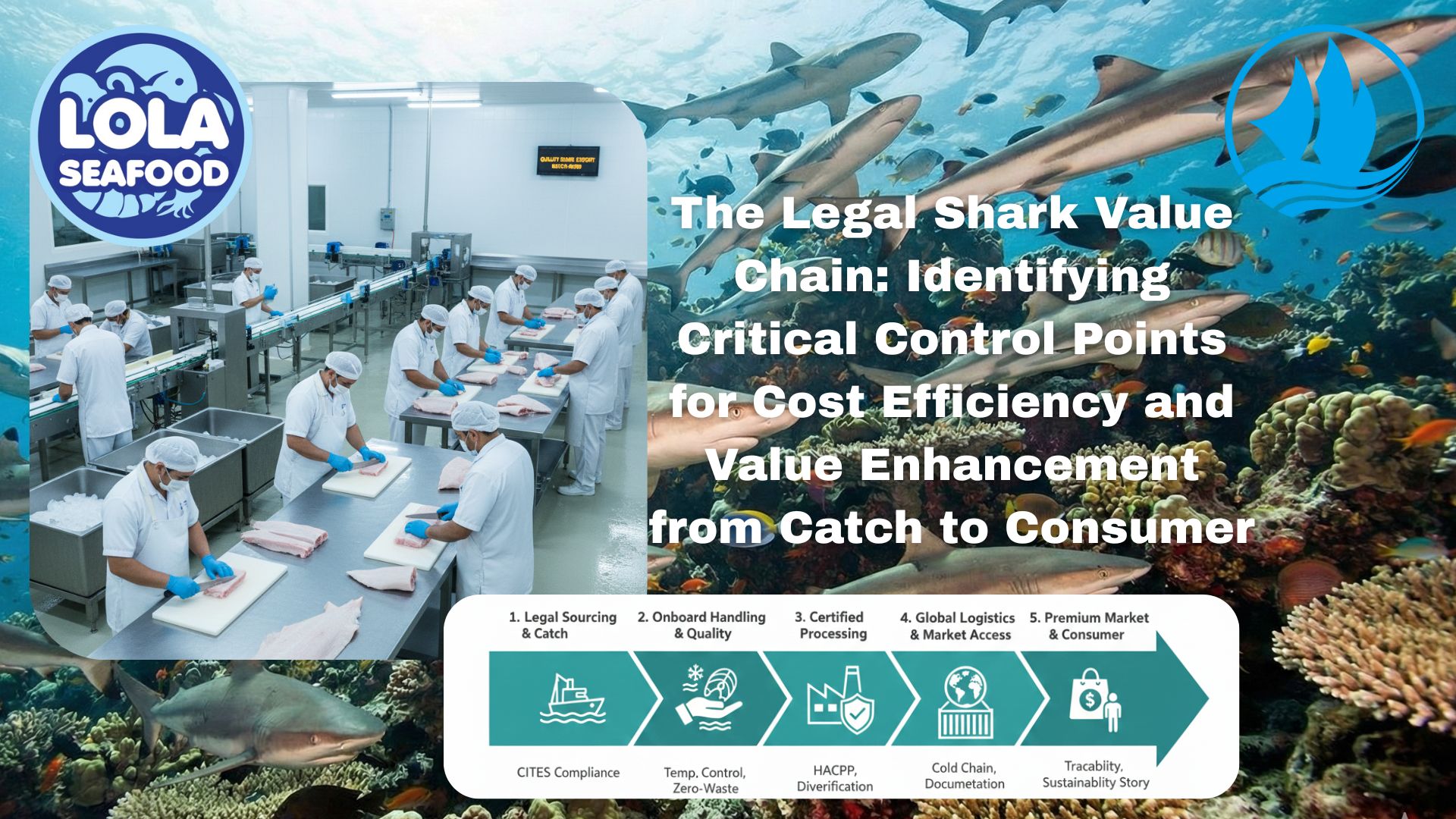4 Things to Know About Red Emperor's Health
By. Agung Kurniawan - 22 Jan 2025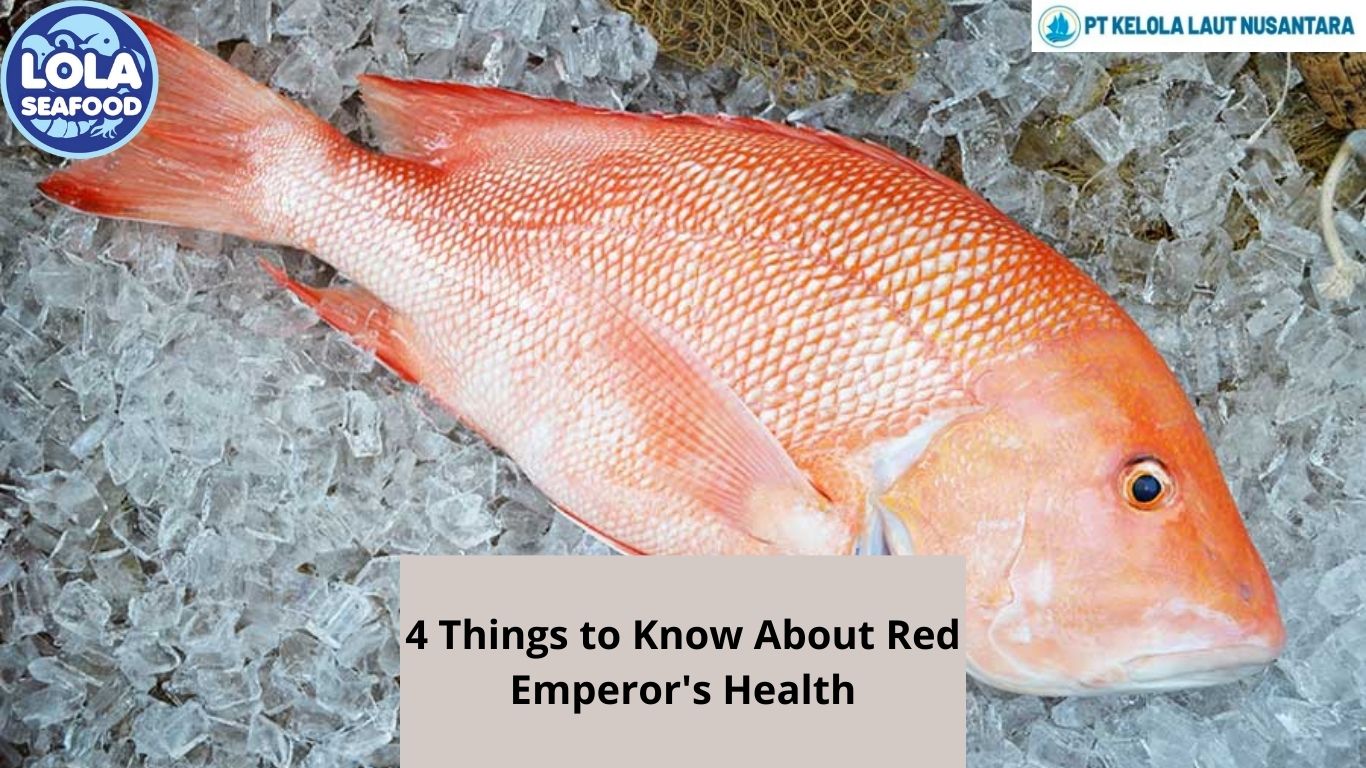
Kelolalaut.com The Red Emperor (Lutjanus sebae), a species of deep-water snapper found in the Indo-Pacific region, is not only known for its striking red hue but also its importance to commercial and recreational fishing industries. However, like many fish species, the health of the Red Emperor is a topic of increasing concern, particularly as overfishing, habitat degradation, and climate change affect marine ecosystems. Understanding the factors that impact the health of Red Emperor is vital for their sustainability and the broader marine environment.
1. Overfishing and Population Decline
Red Emperor populations have faced significant pressure from overfishing in many regions. Due to their high commercial value, these fish are often targeted by both industrial and artisanal fisheries. Overfishing has led to declines in their population numbers, which disrupts the balance of local ecosystems. Healthy fish populations are vital for maintaining the structure of marine communities, and the depletion of apex predators like the Red Emperor can have cascading effects on the entire food chain.
Sustainable fishing practices, such as catch limits, size limits, and seasonal closures, are essential for protecting Red Emperor stocks. In some areas, these practices have helped maintain or even recover populations, allowing Red Emperor to thrive in their natural habitats.
2. Habitat Degradation and Environmental Stress
Red Emperor primarily inhabits rocky and coral reef environments, as well as the surrounding deep waters. These habitats are increasingly under threat from human activities such as coastal development, pollution, and destructive fishing practices like bottom trawling. Coral reefs, which are vital for maintaining biodiversity, are particularly sensitive to warming sea temperatures, ocean acidification, and increased sedimentation, all of which degrade the health of reef ecosystems.
As these habitats degrade, the Red Emperor faces a loss of food sources and shelter. This environmental stress can affect their overall health, making them more vulnerable to disease and reducing their chances of survival. Efforts to preserve coral reefs and other marine habitats, through marine protected areas and better fishing regulations, are crucial for safeguarding Red Emperor populations.
3. Climate Change and Ocean Temperature
Climate change poses a significant threat to the health of Red Emperor fish and other marine species. Rising ocean temperatures can alter the distribution of fish species and affect breeding patterns. For Red Emperor, which prefers cooler waters, increasing sea temperatures may push their habitat range further south or deeper into the ocean, potentially limiting their availability to fisheries and altering local ecosystems.
In addition to temperature rise, ocean acidification is a concern. The increased levels of carbon dioxide in the atmosphere are being absorbed by the oceans, leading to lower pH levels. Acidification can impair the development of coral reefs, which are essential for Red Emperor’s food supply. Moreover, it can weaken the fish’s ability to thrive and reproduce, further compounding the pressures they face.
4. Importance of Conservation Efforts
As the health of Red Emperor fish continues to be threatened by a combination of fishing pressures, habitat loss, and climate change, conservation efforts become increasingly important. These include implementing sustainable fisheries management, investing in marine protected areas, and reducing carbon emissions to combat climate change. Public awareness and international cooperation are also crucial for ensuring the long-term survival of this iconic species.
Moreover, advancements in aquaculture may offer a sustainable solution to the demand for Red Emperor without placing undue pressure on wild populations. However, these initiatives must be carefully managed to prevent negative environmental impacts, such as the introduction of diseases or the use of unsustainable feed sources.
In conclusion, while Red Emperor remains an important species in the marine food chain and commercial fisheries, its future health depends on effective conservation efforts. By addressing overfishing, habitat degradation, and climate change, we can help protect Red Emperor populations for future generations and maintain the health of the ecosystems they inhabit.
If you are interested in our emperor grass whole round / whole gilled gutted scaled, emperor whole round /whole gilled gutted scaled, emperor fillet skin on and emperor fillet skin less please do not hesitate to contact us through email and/or whatsapp
.jpg)
The Impact of HACCP-Based Integrated Quality Management Programs on the Quality and Competitiveness of Fresh Demersal Fish Products
 and Employee Productivity on the Demersal Fish Processing Floor.jpg)
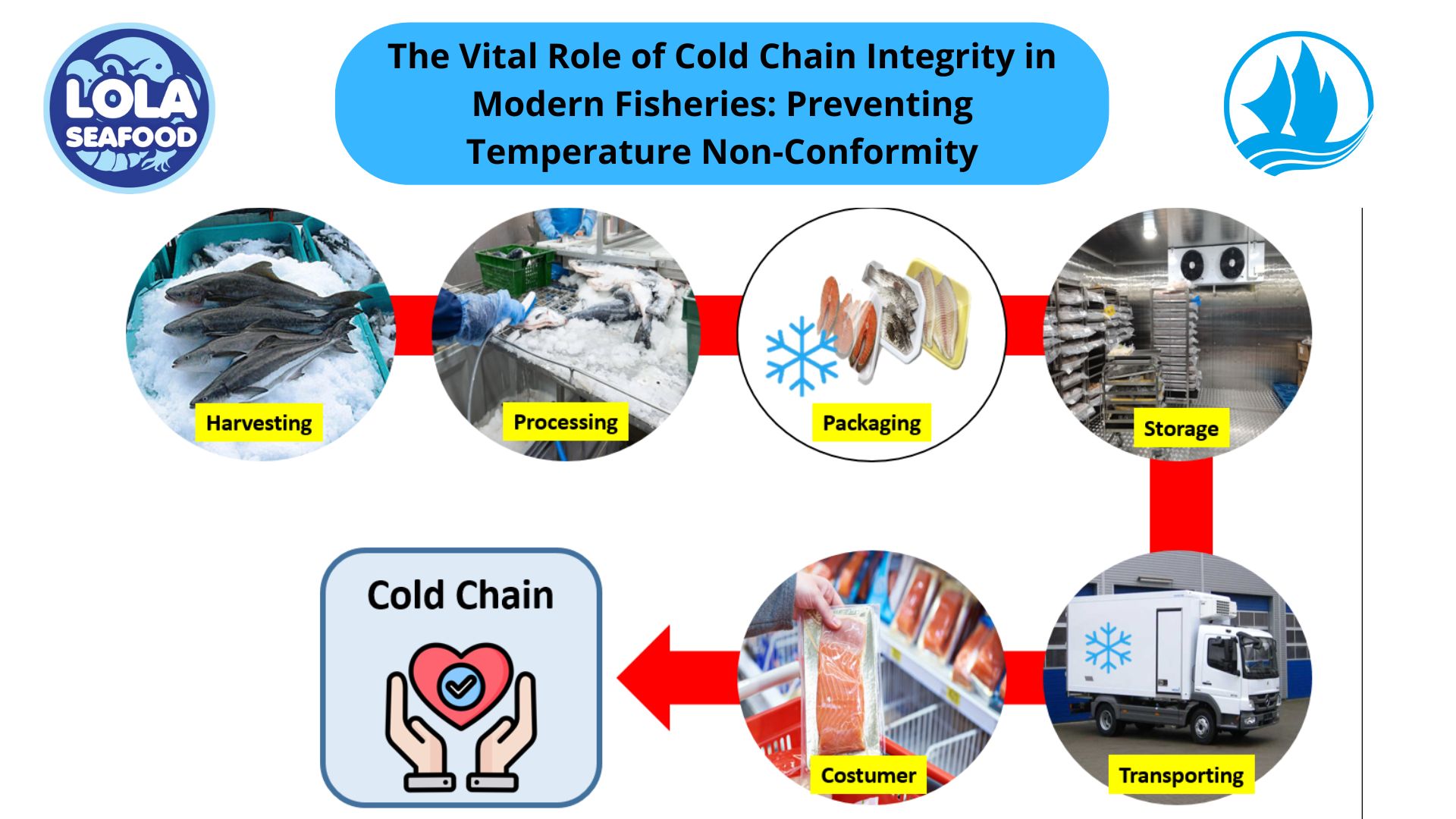
.jpg)
